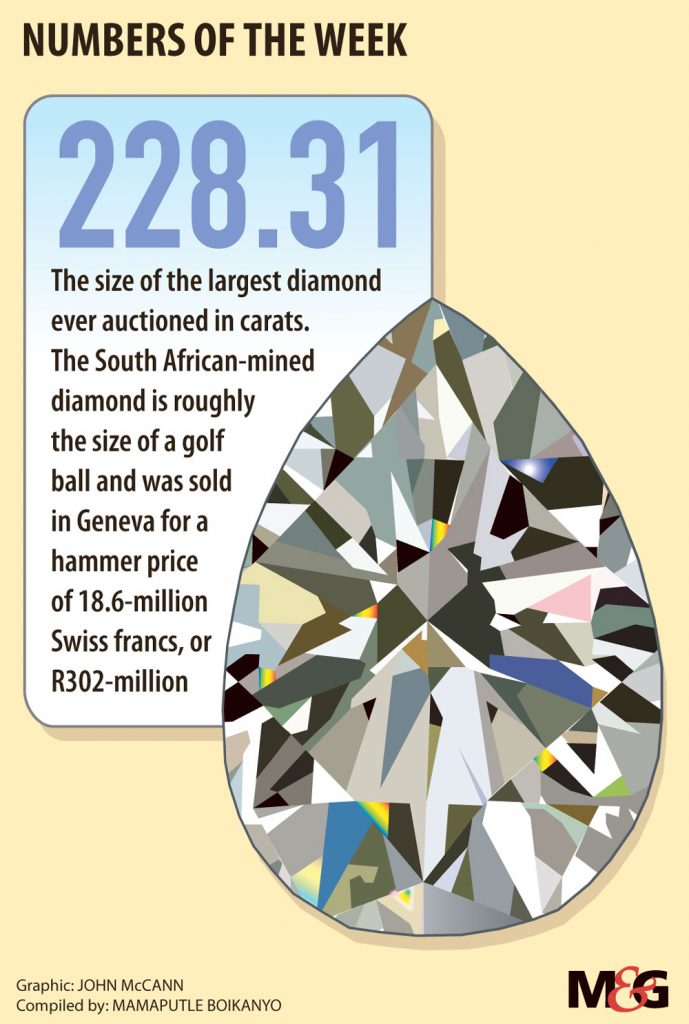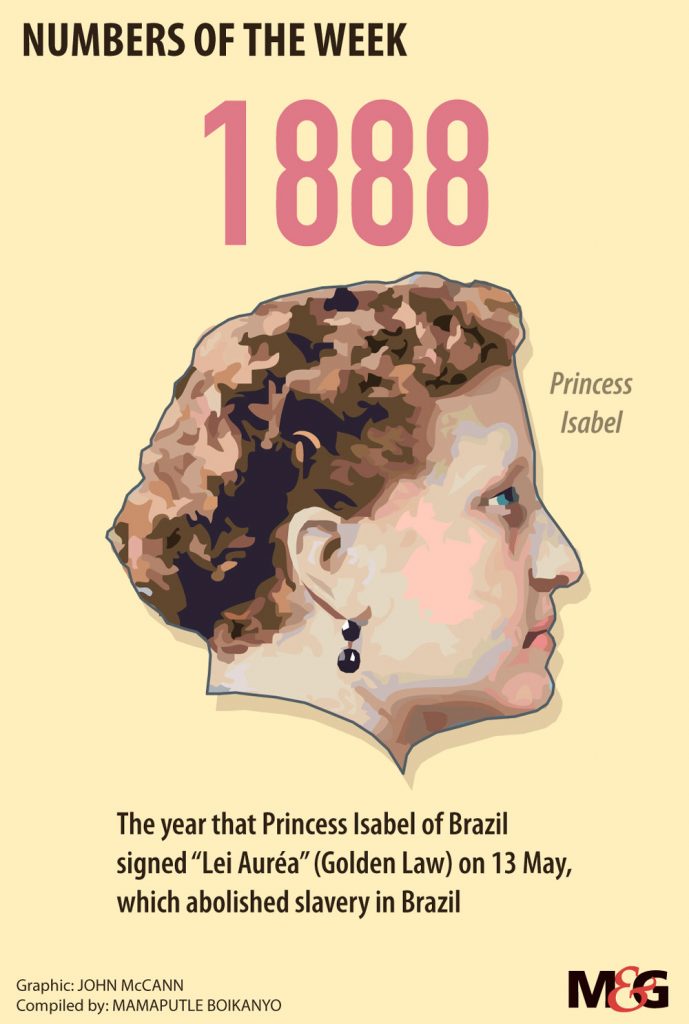A bus set alight is pictured near Sri Lanka's outgoing Prime Minister Mahinda Rajapaksa's official residence in Colombo May 9, 2022. Photo by ISHARA S. KODIKARA/AFP via Getty Images)
The Kenyan copycat
Residents near Mount Kenya National Park had the fright of their lives after sighting a lion hiding in the bushes. They hurriedly called the Kenya Wildlife Service (KWS), which rushed to the scene to prevent conflict between the wild animal and residents. Once the wildlife authorities arrived, the cat was out of the bag — or, as it turns out, the cat was actually a bag. Wildlife authorities realised that a shopping bag filled with a non-threatening avocado plant had an all too realistic print design of an adult lion. The optical illusion created the impression of a big cat stalking and ready to pounce on any unsuspecting creature walking by. Relieved, the officers laughed it off and put the story on social media. “Despite this being a false alarm we laud the public for raising an alarm in order to mitigate a possible conflict,” it wrote. National parks in Kenya are seen as hotspots for human-wildlife conflict and have resulted in lions being killed, reducing their population. Conservation efforts involving people and wildlife have been stepped up in Kenya.

Penguin plight is near

By 2060, emperor penguins will be at critical risk of extinction because of a loss of Antarctic sea ice caused by greenhouse emissions that are driving climate change. “[Climate] projections suggest that the colonies that are located between latitudes 60 and 70 degrees [south] will disappear in the next few decades; that is, in the next 30, 40 years,” said biologist Marcela Libertelli, who studies the birds at the Argentine Antarctic Institute. The sea ice needs sections of the Southern Ocean to freeze at a specific time and for those parts to stay frozen for nine months of the year for emperor penguins to safely reproduce, incubate their eggs and raise their young. The changes in their environment could disrupt the penguins’ breeding and rearing routines. “Changes to, or loss of, fast ice, or early ice breakout can cause massive breeding failure for several consecutive years. Collapsed ice shelves can block paths to feeding areas, leading to the death of both chicks and adults,” says the World Wildlife Fund. These majestic creatures have also been adversely affected by overfishing, which has resulted in a decrease in the penguins’ food sources.

Reproductive rights setback
A woman in El Salvador has been sentenced to 30 years in prison after losing her child during pregnancy. She was convicted of homicide after seeking medical assistance following a pregnancy health scare that led to the death of her unborn baby. In El Salvador, where anti-abortion sentiment is pervasive and where abortions under any circumstances are punished by law, women can also be arrested for miscarriages, stillbirths and other medical emergencies. The 28-year-old woman’s arrest is a setback for reproductive rights groups who have made progress by obtaining prison releases for women who have received decades-long sentences for abortion. The most recent sentence comes as citizens in the US face a future where abortions could be criminalised in at least 20 states. The supreme court is expected to overrule Roe v Wade, a decision that upheld a woman’s right to abortion.
Violence peaks in Sri Lanka
Violence in Sri Lanka has increased since protests began in March this year. The deaths of four protesters, a ruling party member, the injury of 200 people and the burning of 52 houses belonging to the Rajapaksa political dynasty have led to the family going into hiding. The civil unrest began when the country descended deeper into an economic crisis, which opponents blamed on President Gotabaya Rajapaksa, saying it was due to his lack of interest in growing the economy, and his desire to build a family dynasty. Mahinda Rajapaksa resigned from his position as prime minister on Monday, hours before his mansion was set alight by protesters. Mahinda, who was rescued from his mansion, has fled and is at a naval base where protesters have also gathered. The economic crisis in Sri Lanka has resulted in rising inflation, bankruptcy, food and fuel shortages and incessant electricity blackouts.

Fenty Beauty hits Africa
After launching in 2017, popular beauty brand Fenty by Rihanna will be released in Africa. “I’ve been waiting for this moment!! Fenty Beauty and Fenty Skin are finally dropping in Africa!!!” wrote musician and beauty mogul Rihanna. Although the beauty brand gained success by catering to a broad variety of skin tones, particularly darker-skinned tones, fans and followers on the African continent have long pined for Fenty beauty and skin products. RiRi’s announcement, which named South Africa, Nigeria, Kenya, Botswana and Zambia among other countries as launch sites, was followed by a flurry of comments from followers who couldn’t contain their excitement. Fenty Beauty, named by Time magazine as one of the best inventions of 2017, contributed to the Barbadian singer’s billionaire status.
Footballer gets the stink eye
A soccer player somehow reached adulthood still behaving like a child, farting for fun and ill-timed giggling in front of sports officials. Brazilian footballer Marcelo Antônio Guedes Filho, 34, displayed “inappropriate behaviour” when he was caught laughing during the captain’s post-game speech after his French team at the time, Lyon, lost 3-0 to Angers. The reasons for the former team leader’s demotion in August last year and the termination of his contract in January have remained unknown until now. After the game, in which he also scored an own goal, he repeatedly farted near teammates and laughed near officials, including a football manager and a sporting director. Unimpressed, the club tried to discipline him, to no avail. Marcelo joined Bordeaux, a low-ranking football club, in late January.
Zimbabwe rides weed boom
Zimbabwean farmers are looking to reel in profits due to a global cannabis boom with medical marijuana. After becoming one of the first countries on the continent to legalise medicinal marijuana, Zimbabwe has issued 57 licences in the hope of cashing in big from the boom. “We stand to sell cannabis at $25 per kilogram, which is five, six times more than what a good tobacco crop can give you,” said farmer Munyaradzi Nyanungo. “We are actually sitting on a green gold mine.” Despite their optimism, farmers such as Nyanungo still face high set-up costs and strict regulations, which may curtail development and open up the business to various risks. One of those regulations includes the requirement to use a greenhouse to meet the standard of “organically grown cannabis”. Nyanungo said: “A greenhouse is very costly. This entire greenhouse: you need something around $500 000 just to set up the structure.” He estimates the cost of growing a single hectare of the weed at $2.5-million. Countries such as Malawi are also chasing the “green gold” economy, essentially making an agricultural shift from tobacco farming,

Adidas faces breast scandal
Early this year, an Adidas ad showing bare breasts in various shapes and sizes sparked controversy. The ad was meant to promote the brand’s new sports bra range, which comes in different styles to support different breast shapes. “The reasons we didn’t make just one new sports bra,” said the caption on the poster ads and billboards showing the bare breasts. After receiving 24 complaints citing the objectification and sexualisation of women, the UK’s Advertising Standards Agency banned the advertisement. Although it did not find the ads to be sexually explicit, it was banned for explicit nudity and for its propensity to cause widespread offence. An Adidas UK spokesperson stated that the brand stood proudly behind the ad and its message. The adverts, according to Adidas, “show just how diverse breasts are” and just how necessary its bra range is.

Load-shedding powers wife swap
Two brides, who are sisters, nearly lost their husbands to each other after a power outage during the wedding ceremony in India. They were part of a joint wedding that included a third sister and a brother. Despite the power cut, the four couples decided to continue with nuptials in the darkness, which led to the two brides and grooms swapping partners. The two brides went through a series of pre-wedding ceremonies with the wrong spouse. Fortunately, the mistake was spotted before the saat phere, the main ritual where couples say their holy vows to each other, walk around a holy fire and effectively seal the deal. The power outages, which are caused by coal shortages, have been pervasive in India. A survey shows that two out of three homes in the country’s 322 districts reported enduring power cuts for “two hours or more each day”. In South Africa, the occurrence of load-shedding has doubled since last year. Eskom has warned of an increased risk of power outages during winter, particularly in evenings and mornings.